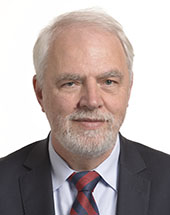EUROCITIES – Towards an EU urban agenda
We kindly invite you to consult EUROCITIES‘ new paper “Towards an EU urban agenda. The building blocks for a city perspective” and a summarizing infographic.
Enjoy your reading.
EUROCITIES “Towards and EU urban agenda. The buidling blocks from a city perspective” – May 2015
URBAN Intergroup meeting in Strasbourg – June 11th
On Thursday, June 11th the URBAN Intergroup held its monthly meeting in Strasbourg. This month participants discussed the outcomes of the two-day Informal Meeting of Ministers Responsible for Territorial Cohesion and Urban Matters which took place in Riga on Tuesday and Wednesday (9-10th June).
Discussions focused on the Riga Declaration “Towards the EU Urban Agenda” adopted yesterday. Participants wondered what it will bring about and what will be its actual impact on shaping of the EU Urban agenda. The European Parliament’s position on the topic of the EU Urban agenda was also raised and discussed vividly.
More information about the Informal Meeting and media coverage can be found on the webpage of the Latvian Presidency.
Agenda of the URBAN Intergroup meeting 11.06.2015
Riga Declaration “Towards the EU Urban Agenda”




